Starting a micro bakery from home can be a dream come true for many baking enthusiasts. However, navigating the regulations surrounding home-based food businesses is crucial to avoid any legal issues.
Before you begin, familiarize yourself with the pennsylvania cottage food laws to ensure compliance and successfully launch your micro bakery.
Key Takeaways
- Understand the regulations governing cottage food businesses in Pennsylvania.
- Learn how to comply with the cottage food law.
- Discover the benefits of starting a home-based food business.
- Get insights into the process of registering your micro bakery.
- Find out how to maintain compliance with state laws.
Pennsylvania Cottage Food Laws Explained
Understanding Pennsylvania’s cottage food laws is crucial for anyone looking to start a micro bakery in the state. These laws govern the production and sale of certain foods from home kitchens, providing a framework for small-scale food producers to operate.
What Qualifies as a Cottage Food Business
A cottage food business in Pennsylvania is considered a limited food establishment or a limited food processor, depending on the type of food products being made.
Limited Food Establishment vs. Limited Food Processor
A limited food establishment is typically involved in preparing and selling potentially hazardous foods, albeit with certain restrictions. On the other hand, a limited food processor is generally involved in processing foods that are not considered hazardous, such as baked goods, jams, and candies.
Legal Limitations and Boundaries
While Pennsylvania’s cottage food laws offer opportunities for micro bakeries, there are legal limitations and boundaries to be aware of. For instance, there are restrictions on the types of products that can be sold and the venues where they can be sold.
Sales Restrictions and State Lines
Sales restrictions apply not only within Pennsylvania but also across state lines. Cottage food producers must comply with the laws of other states if they wish to sell their products outside of Pennsylvania.
It’s essential for micro bakery owners to understand these regulations to avoid potential legal issues and ensure the success of their business.
Registering Your Micro Bakery in Pennsylvania
Registering your micro bakery in Pennsylvania involves several steps, starting with understanding the Limited Food Establishment Registration process. This registration is crucial for operating a micro bakery under the state’s Cottage Food Laws.
Limited Food Establishment Registration Process
The Pennsylvania Department of Agriculture oversees the registration process. To begin, you must submit an application packet that includes detailed information about your micro bakery.
Application Packet Requirements
The application packet requires specific documentation, including business information and details about the products you intend to sell. Ensure that all information is accurate and complete to avoid delays.
Required Documentation and Fees
In addition to the application packet, you will need to provide required documentation, such as proof of business name registration and a detailed food safety plan. Fees associated with the registration process vary, so it’s essential to check with the Pennsylvania Department of Agriculture for the most current information.
Preparing for the Registration Inspection
After submitting your application, your micro bakery will be inspected to ensure compliance with state regulations. Prepare by ensuring your home kitchen meets all food safety requirements and is ready for inspection.
| Documentation | Description | Requirement |
|---|---|---|
| Business Information | Details about your micro bakery | Mandatory |
| Food Safety Plan | A detailed plan outlining your safety procedures | Mandatory |
| Proof of Business Name Registration | Documentation showing your business is registered | Mandatory |
Permitted Foods Under PA Cottage Food Regulations
Pennsylvania’s cottage food regulations allow for the sale of specific non-hazardous baked goods. These regulations are designed to support small bakers and food entrepreneurs while maintaining food safety standards.
Non-Hazardous Baked Goods You Can Sell
Under PA cottage food laws, you can sell a variety of baked goods that are considered non-hazardous. These include:
- Dry baked goods like cookies, bread, and granola
- Cakes and pastries that do not require refrigeration
- Jams and jellies made from canned goods
Popular Micro Bakery Products
Some of the most popular items for micro bakeries include artisanal bread, custom cakes, and specialty cookies. These products are in high demand and can be made safely in a home kitchen.
Foods That Require Temperature Control
It’s crucial to understand that certain foods require temperature control to prevent foodborne illness. These potentially hazardous foods include:
- Custards and cream-filled pastries
- Dairy-based desserts
- Meat or egg-based baked goods
Understanding Potentially Hazardous Foods
Potentially hazardous foods are those that require refrigeration to stay safe for consumption. These foods are not permitted under cottage food regulations unless they are properly handled and stored.
Setting Up Your Home Kitchen for Success
Transforming your home kitchen into a micro bakery requires careful planning, the right equipment, and a commitment to food safety. To ensure success, it’s crucial to set up your kitchen efficiently and effectively.
Equipment Essentials for a Micro Bakery
Investing in the right equipment is vital for producing high-quality baked goods. Essential items include a commercial-grade mixer, baking sheets, and utensils. Durable, easy-to-clean equipment is a must to maintain food safety and efficiency.

Meeting Food Safety Requirements
Compliance with food safety regulations is critical. This includes proper storage of ingredients, regular cleaning schedules, and safe food handling practices. Adhering to these guidelines helps prevent contamination and ensures a safe environment for food preparation.
Food Safety Act Compliance
The Food Safety Act requires micro bakeries to maintain high standards of food safety. This involves implementing a food safety plan, training staff, and maintaining records. Compliance is crucial for avoiding penalties and maintaining a good reputation.
Preparing for Home Inspections
Home inspections are a critical aspect of ensuring compliance with Cottage Food Laws. Inspectors will check for cleanliness, proper food storage, and adherence to food safety guidelines. Being prepared can make the inspection process smoother and less stressful.
Common Issues Flagged by Inspectors
Inspectors often flag issues such as poor cleaning practices, inadequate food storage, and lack of proper labeling. Addressing these issues proactively can help avoid complications during inspections.
Labeling and Packaging Requirements
Understanding labeling and packaging requirements is crucial for operating a compliant micro bakery in Pennsylvania under cottage food laws. Proper labeling not only ensures regulatory compliance but also helps build trust with your customers by providing them with necessary product information.
Mandatory Information for Food Labels
Food labels for your micro bakery products must include certain mandatory information. This includes:
- The name of your product
- A list of ingredients
- Your business name and address
- Net weight or quantity of the product
Allergen Declarations and Ingredients Lists
It’s also crucial to include allergen declarations on your labels. For instance, if your baked goods contain nuts, milk, or gluten, these must be clearly stated. The ingredients list should be in descending order by weight, making it easier for consumers to identify what they’re consuming.
Packaging Best Practices
When it comes to packaging, choosing the right materials is key. Opt for food-safe packaging options that protect your products during transportation and storage. Consider the environmental impact of your packaging choices as well, as many consumers prefer eco-friendly options.
Food-Safe Packaging Options
Some popular food-safe packaging options include:
- Biodegradable containers
- Recyclable paper bags
- Compostable wrappers
Ensure that your packaging is not only compliant with regulations but also aligns with your brand values and customer expectations.
Marketing Your Micro Bakery Products
Reaching your target audience is key to the success of your micro bakery, and there are several marketing strategies to consider. With the rise of social media and online platforms, you can now easily connect with potential customers and showcase your products.
Permitted Sales Channels
Under Pennsylvania’s Cottage Food Laws, you’re allowed to sell your baked goods through various channels. Understanding these permitted sales channels is essential to expand your customer base.
Farmers Markets and Direct-to-Consumer Sales
One of the most effective ways to sell your products is through farmers markets and direct-to-consumer sales. These platforms allow you to interact with customers, gather feedback, and build a loyal customer base.
As noted by a successful micro bakery owner, “Participating in local farmers markets has been a game-changer for our business. It allows us to connect directly with our customers and understand their preferences.”
“The direct interaction with customers at farmers markets helps us tailor our products to their tastes.”
Building Your Customer Base
Building a loyal customer base is crucial for the long-term success of your micro bakery. You can achieve this by providing excellent customer service, offering samples, and engaging with your customers on social media.
- Offer loyalty programs to reward repeat customers.
- Collect feedback through surveys or comment cards.
- Use social media to share behind-the-scenes content and engage with your audience.
Online Presence and Social Media Strategies
In today’s digital age, having an online presence is vital. Create a professional website and utilize social media platforms like Instagram and Facebook to showcase your products and interact with potential customers.
| Platform | Purpose | Benefits |
|---|---|---|
| Visual storytelling | High engagement, product showcasing | |
| Community building | Wide reach, customer interaction |
By leveraging these marketing strategies, you can effectively promote your micro bakery products and attract a loyal customer base.

Financial and Business Considerations
Managing the financial and business side of a micro bakery is vital for its sustainability and growth. As a micro bakery owner in Pennsylvania, you must consider several key factors to ensure your business remains profitable and compliant with regulations.
Pricing Your Baked Goods
Pricing is a critical aspect of your micro bakery’s financial health. You need to balance the cost of ingredients, time, and other expenses to set prices that are both competitive and profitable. Consider the prices of similar products in your area and adjust accordingly.
Record Keeping and Taxes
Accurate record keeping is essential for managing your finances and complying with tax laws. You should track all income and expenses, including ingredients, equipment, and marketing costs. Consult with a tax professional to understand your obligations and potential deductions.
| Business Aspect | Description | Importance |
|---|---|---|
| Pricing Strategy | Balancing cost and competitiveness | High |
| Record Keeping | Tracking income and expenses | High |
| Insurance | Protecting against liability and loss | Medium |
| Zoning Compliance | Adhering to local regulations | High |
Insurance Recommendations
Consider obtaining liability insurance to protect your business in case of customer complaints or accidents. You may also want to explore business interruption insurance to cover unexpected events.
Zoning Laws and Local Regulations
Ensure you comply with local zoning laws and regulations. Check with your local government to understand any specific requirements or restrictions on operating a home-based business.
“A well-planned financial strategy is the backbone of any successful business, including micro bakeries.”
Forbes
Starting Your Micro Bakery Journey
Understanding Pennsylvania’s cottage food laws is crucial for cottage food entrepreneurs looking to start a micro bakery. By registering your business and complying with state regulations, you can successfully launch your venture.
Key considerations include permitted foods, labeling requirements, and marketing strategies. By following these guidelines, you can establish a thriving micro bakery that meets the needs of your customers.
With the right knowledge and preparation, you can turn your passion for baking into a successful business under Pennsylvania’s cottage food laws. Take the next step in starting your micro bakery today.
FAQ
What is a cottage food business in Pennsylvania?
A cottage food business in Pennsylvania is a home-based business that produces and sells certain types of baked goods, jams, and other non-hazardous foods directly to consumers.
What is the difference between a Limited Food Establishment and a Limited Food Processor?
A Limited Food Establishment is a business that prepares and sells food directly to consumers, while a Limited Food Processor is a business that processes and packages food for sale to consumers or other businesses.
What types of foods can I sell under Pennsylvania’s cottage food laws?
You can sell non-hazardous baked goods, such as bread, cakes, and cookies, as well as jams, honey, and other non-hazardous foods.
Do I need to register my cottage food business with the Pennsylvania Department of Agriculture?
Yes, you need to register your cottage food business with the Pennsylvania Department of Agriculture as a Limited Food Establishment.
What are the labeling and packaging requirements for cottage food products in Pennsylvania?
You must include the product name, ingredients list, and your business name and address on the label, and use food-safe packaging materials.
Can I sell my cottage food products online or across state lines?
You can sell your cottage food products directly to consumers in Pennsylvania, but selling across state lines is subject to additional regulations and may require additional licenses.
What are the food safety requirements for cottage food businesses in Pennsylvania?
You must comply with the Pennsylvania Food Safety Act and maintain a clean and safe kitchen environment.
How do I prepare for a home inspection by the Pennsylvania Department of Agriculture?
Ensure your kitchen is clean and organized, and that you are following proper food safety practices, to minimize the risk of issues during the inspection.
What are the zoning laws and local regulations I need to comply with for my cottage food business?
Check with your local government to determine the specific zoning laws and regulations that apply to your business.
Do I need insurance for my cottage food business?
While not required, insurance can provide protection for your business in case of unexpected events or liabilities.
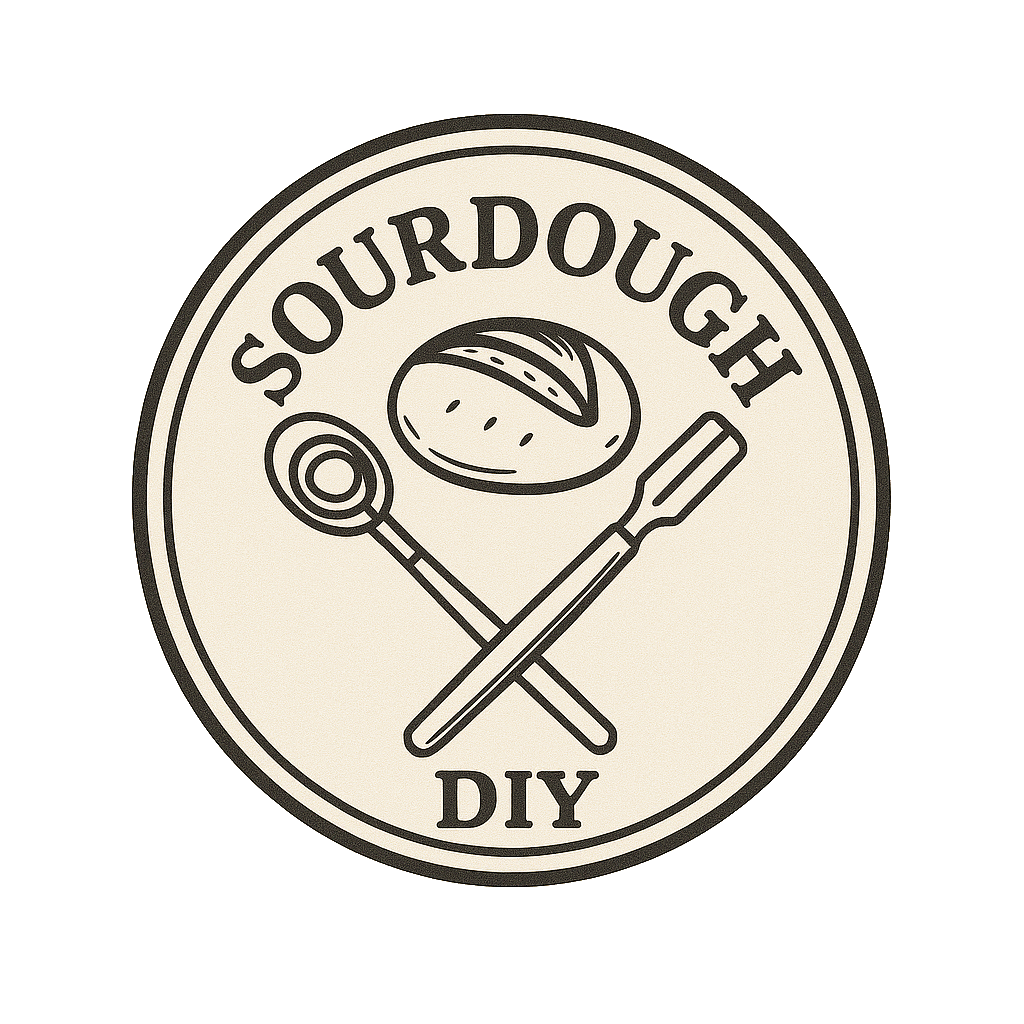
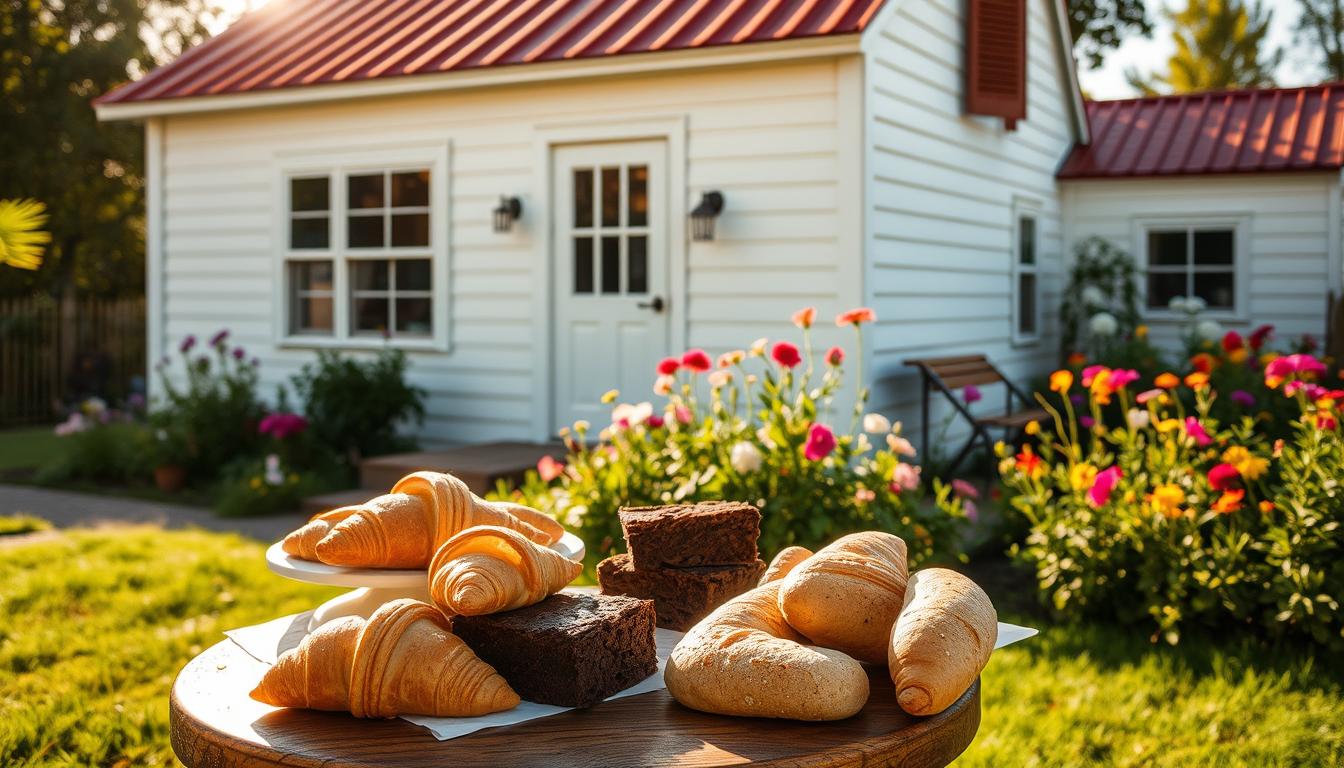
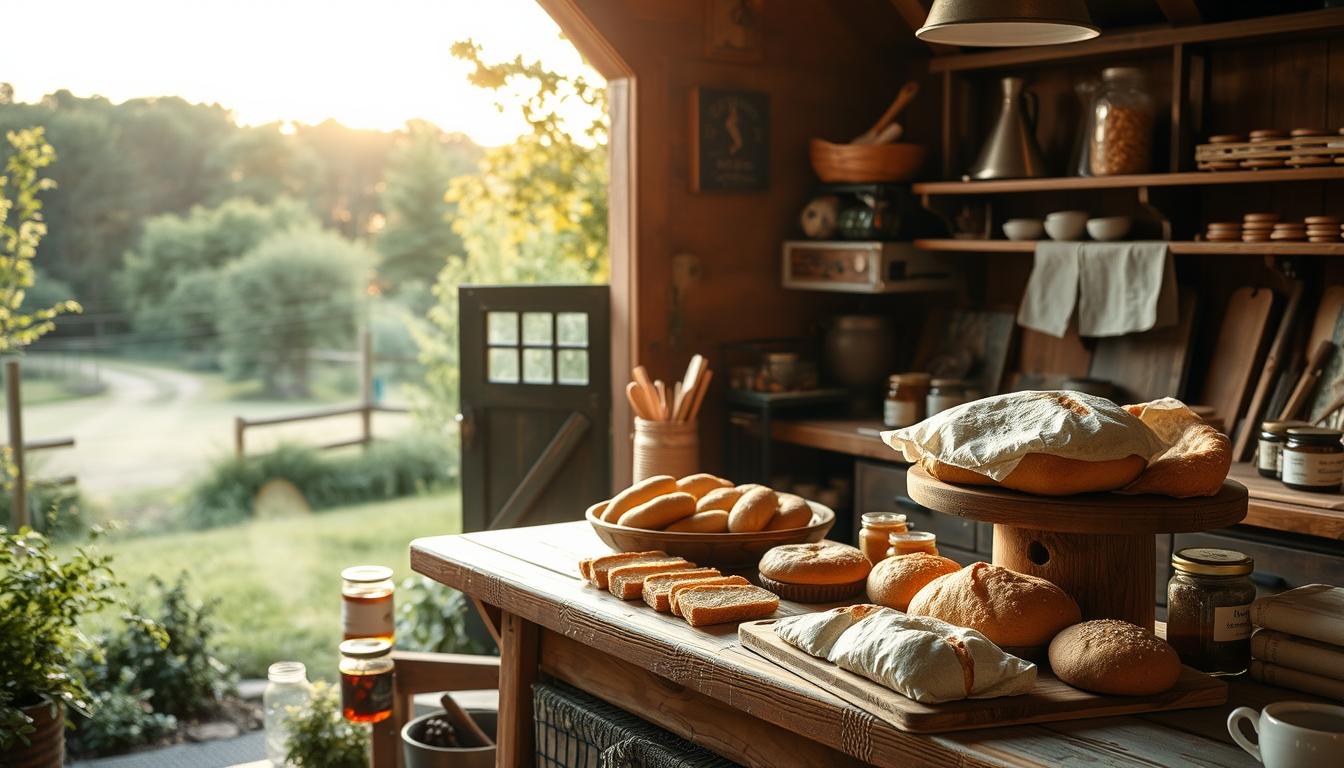
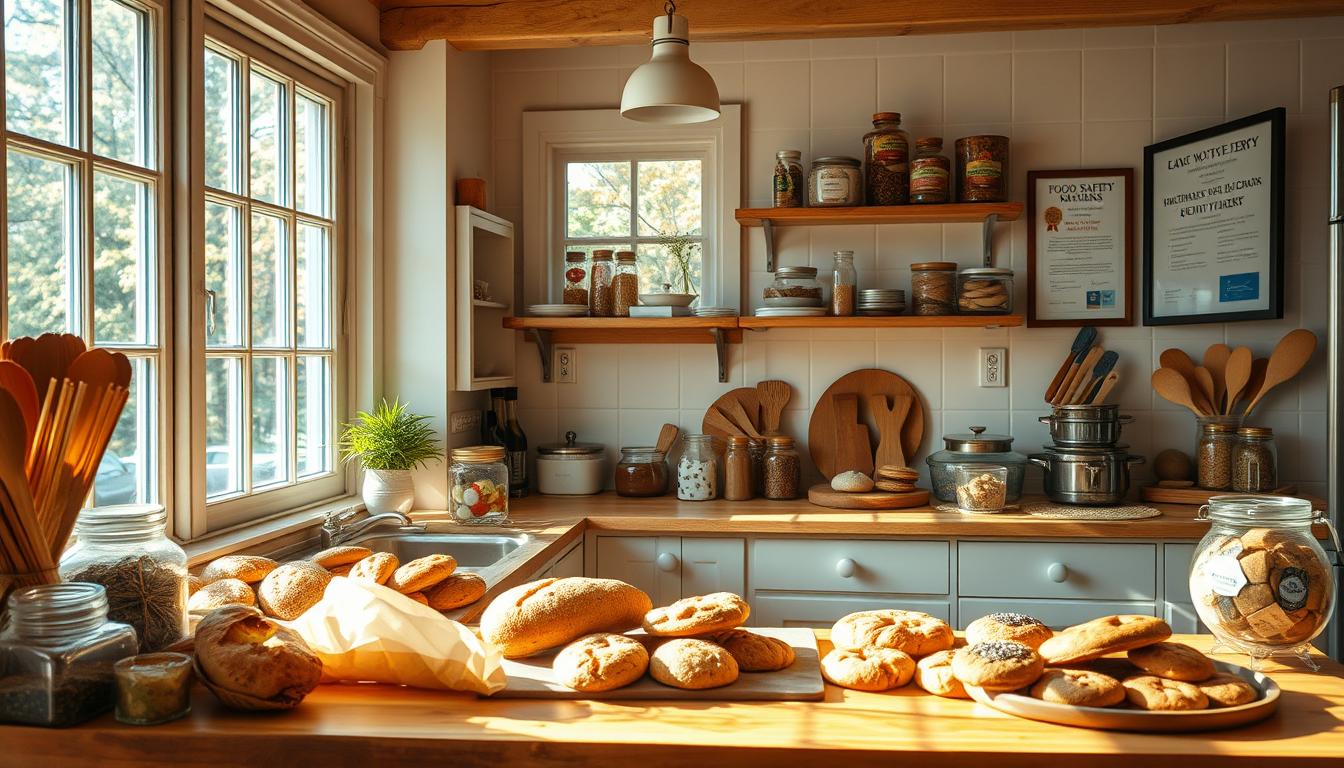
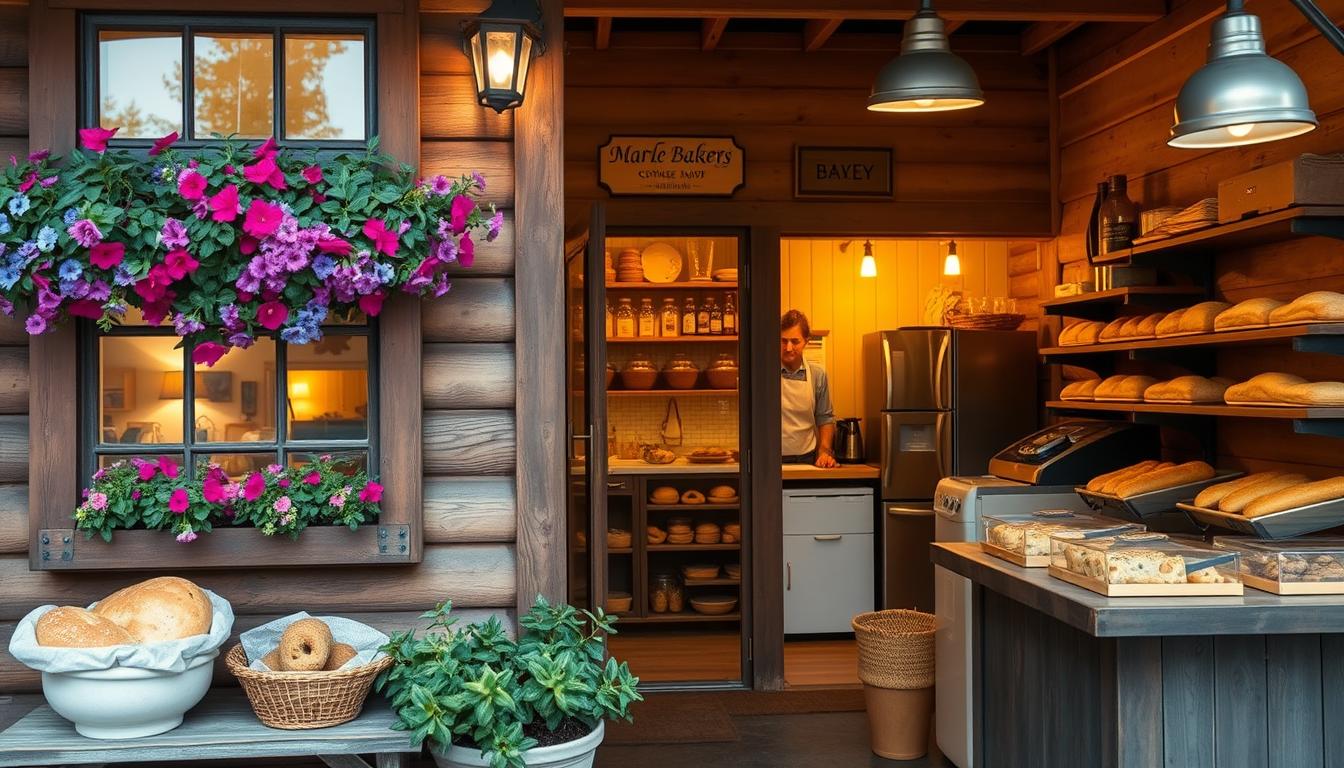
Leave a Reply